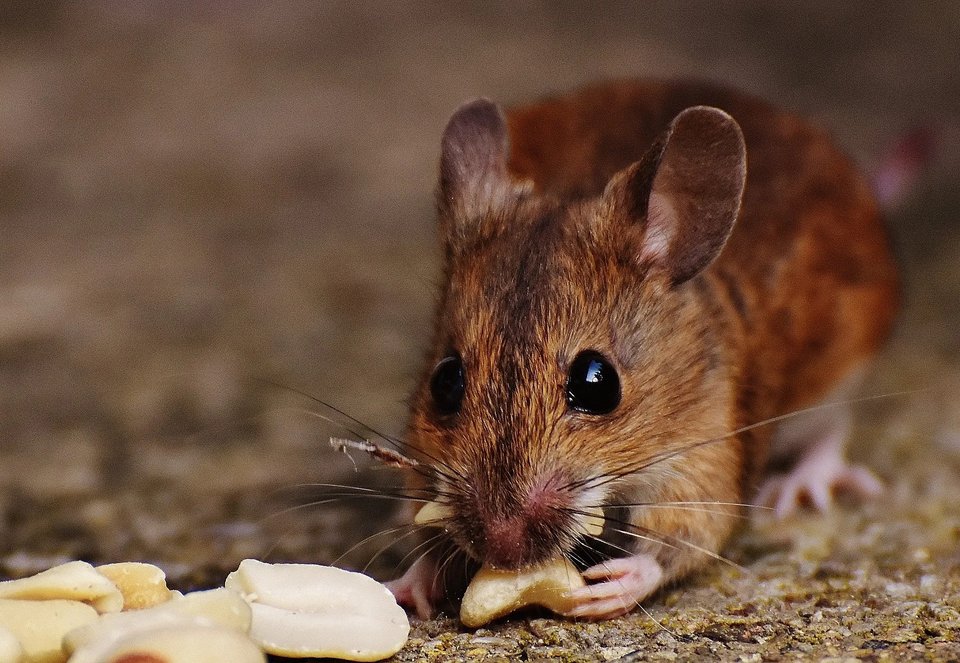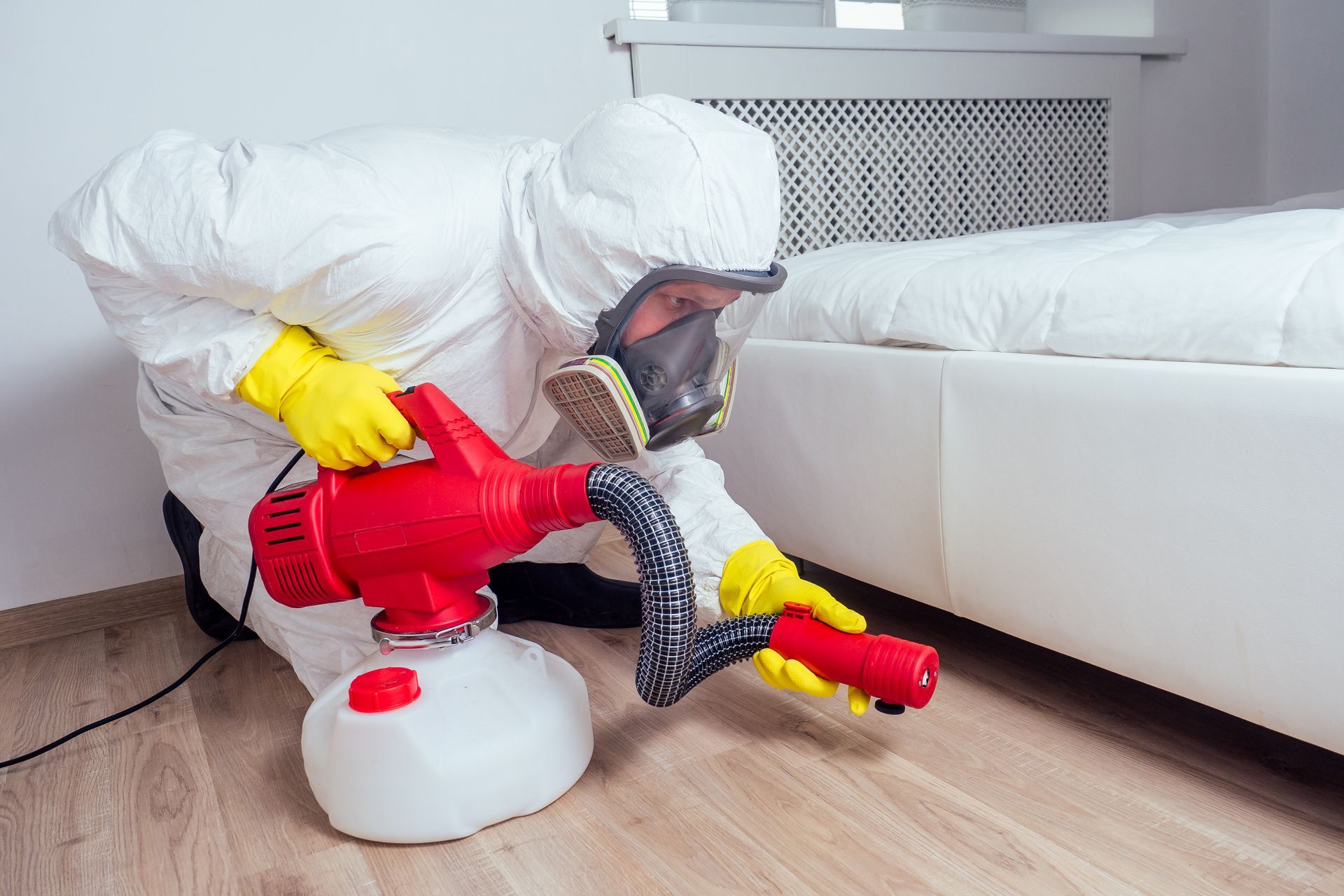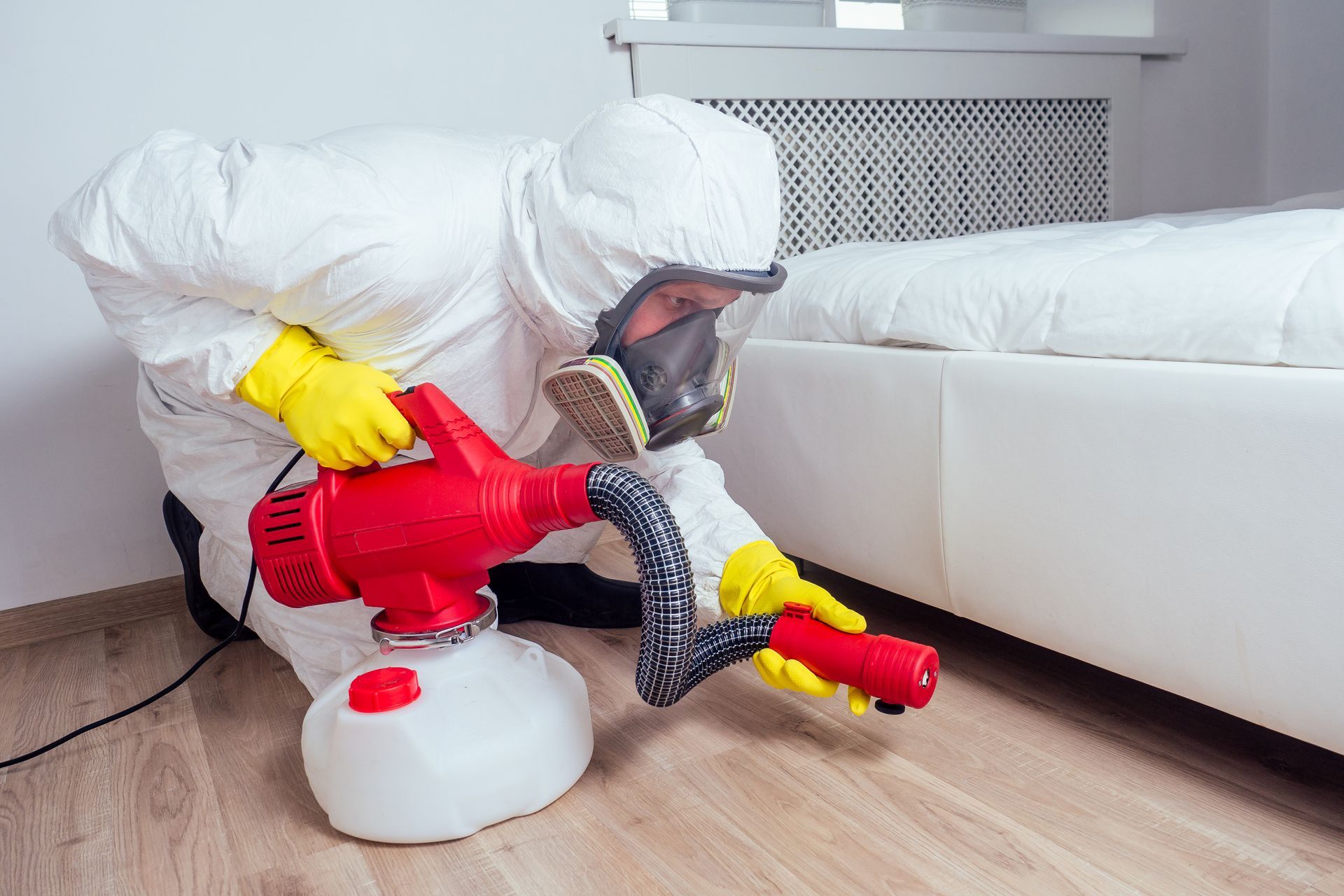3 Ways Mice Spread Disease in Your Home
Mice may be adorable when you can snap a pic of their good side, but they are anything but cute when they’re in your home. Aside from posing a threat to your furniture and wiring, mice spread disease. In fact, mice are bad for your health even if you don’t touch them.
Simply sharing space with rodents can be enough to get sick.
How Mice Spread Disease in Your Home
Mice don’t exactly meet human expectations of cleanliness. Like other disease-carrying pests, being around them is enough to warrant health concerns. Mice spread disease in various ways:
Through their urine and fecal matter
While mice droppings may indicate a rodent problem, they can also make you very sick. The same goes for mouse urine, both of which are commonly used to mark territory.
Mice spread diseases such as hantavirus, salmonella, and lymphocytic choriomeningitis (LCMV) through their waste, even if you are careful not to touch them.
Hantavirus
Mouse feces and urine can dry and turn to dust, spreading viruses through the air we breathe. Hantavirus is commonly spread this way and can cause fever, chills, and aches and pains. If left untreated, it can progress to kidney failure and intense shortness of breath.
Salmonella
Mice may track waste debris, along with dirt and bacteria, across countertops. This is a common cause of salmonella (food poisoning), as we may touch kitchen surfaces while making food. Symptoms like fever, stomach pain, vomiting, and diarrhea can become serious over time.
Lymphocytic Choriomeningitis (LCMV)
This viral infection is typically carried by house mice and can cause serious neurological problems. Humans become infected through exposure to fresh mouse droppings, urine, saliva, and nesting materials.
Through the parasites they carry
Mice spread disease thanks to other pests that may catch a ride into your home. For instance, Lyme disease and Colorado tick fever are transmitted by ticks, which often hitchhike inside on the furry backs of mice. If your lawn is a tick magnet, you may be especially likely to contract these diseases if a mouse gets inside.
Similarly, the Bubonic plague is caused by the fleas that mice and rats carry inside (not the rodents themselves). This poses a concern for homeowners everywhere, especially those with pets.
Through bites
Though mice don’t bite often, they can carry and spread the bacteria that causes rat-bite fever. You can contract the disease through a direct bite, as well as through touching a dead rodent that has the infection or eating/drinking food items contaminated by rats.
Having mice in the house can be bad news for your home, your belongings, and your health. If you’ve done all you can to prevent mice from entering your home and are STILL finding droppings, take action fast.
If it’s time to call your pest professional, do it sooner rather than later. We’re standing by to help rid your home of potentially disease-carrying mice.










